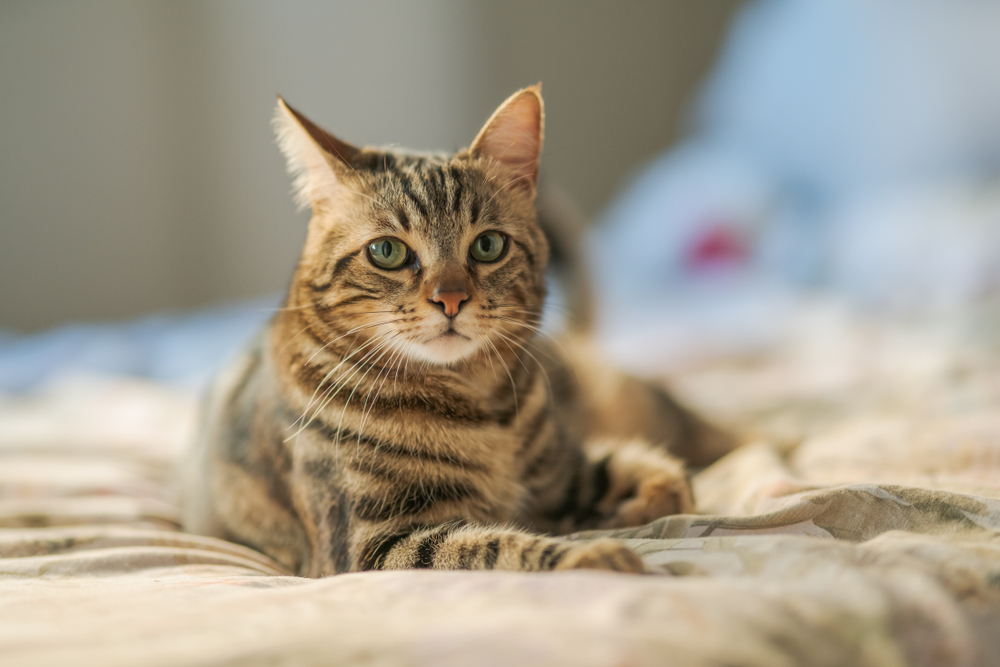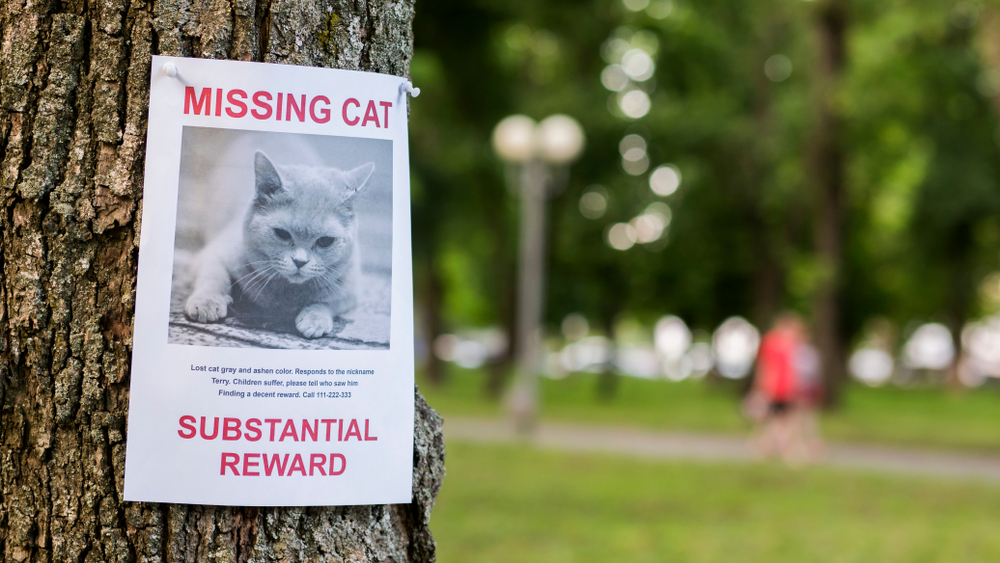Talking about subjects like estate planning is often uncomfortable. It’s hard to think of a day without your pet, let alone you being the one that leaves this world first. However, we understand your concern, especially if circumstances have forced this conversation on you. The good news is that you have options for ensuring your cats are cared for after you pass. Understanding the law will help you make informed choices.
How the Law Views Pets
It may be a bitter pill to swallow, but according to most state laws, pets are property, although there can be some exceptions. Your cats may be priceless to you, but legally, they’re not. Of course, over 95% of pet owners who consider their animal companions family members would disagree.
The other wrinkle with this status is that you can’t leave money to property. In other words, you couldn’t legally put a clause in your will that states, “I leave $10,000 to my cat Oscar.” That also applies to property, so Oscar won’t be getting the house or your car, either. Instead, it’ll revert back to your estate. However, that doesn’t mean you don’t have options to manage your cat’s care after your passing.

Estate Planning Options for Pets
The simplest solution to arrange your cat’s well-being after you’re gone is to make an agreement with a loved one or trusted friend who agrees to take care of them after your passing. It’s probably the least stressful choice for your cats if they know this person well. Research suggests felines get attached to humans, so it’ll likely be upsetting for your pets to lose you. We recommend discussing these arrangements with the person and other family members to ensure everyone is on board with it.

Putting Your Cats in Your Will
While you can’t leave money to your pets, you can name someone formally and provide them with the funds to manage your cats’ care. That gives you the peace of mind of having things in black and white so that there are no misunderstandings about your wishes. The only hitch is that the use of the money isn’t legally binding should your pet’s guardian squander the cash, instead.
Hopefully, you’ve chosen your cat’s caregiver wisely, making this point a non-issue. We recommend checking on things that may interfere with this arrangement, such as anyone in the family having pet allergies.
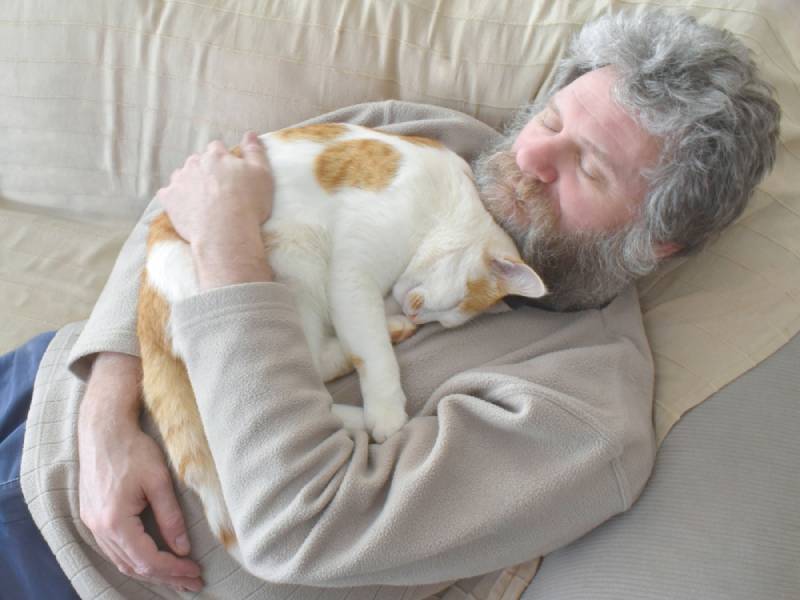
Creating a Trust
If you want to be sure your wishes are handled, you can take your estate planning up the legal ladder with the establishment of a trust for your cats. You may remember the lavish trust that American businesswoman Leona Helmsley left her Maltese-Terrier mix Trouble. Her legal team worked with her to set up a $12 million trust for the animal’s care.
This situation highlights the pros and cons of this option. While it is legally binding, it’s also an expensive way to ensure your cats are treated properly. It can be complicated to name a caregiver and overseer to its terms. However, if you want this assurance, a trust gives you that option.
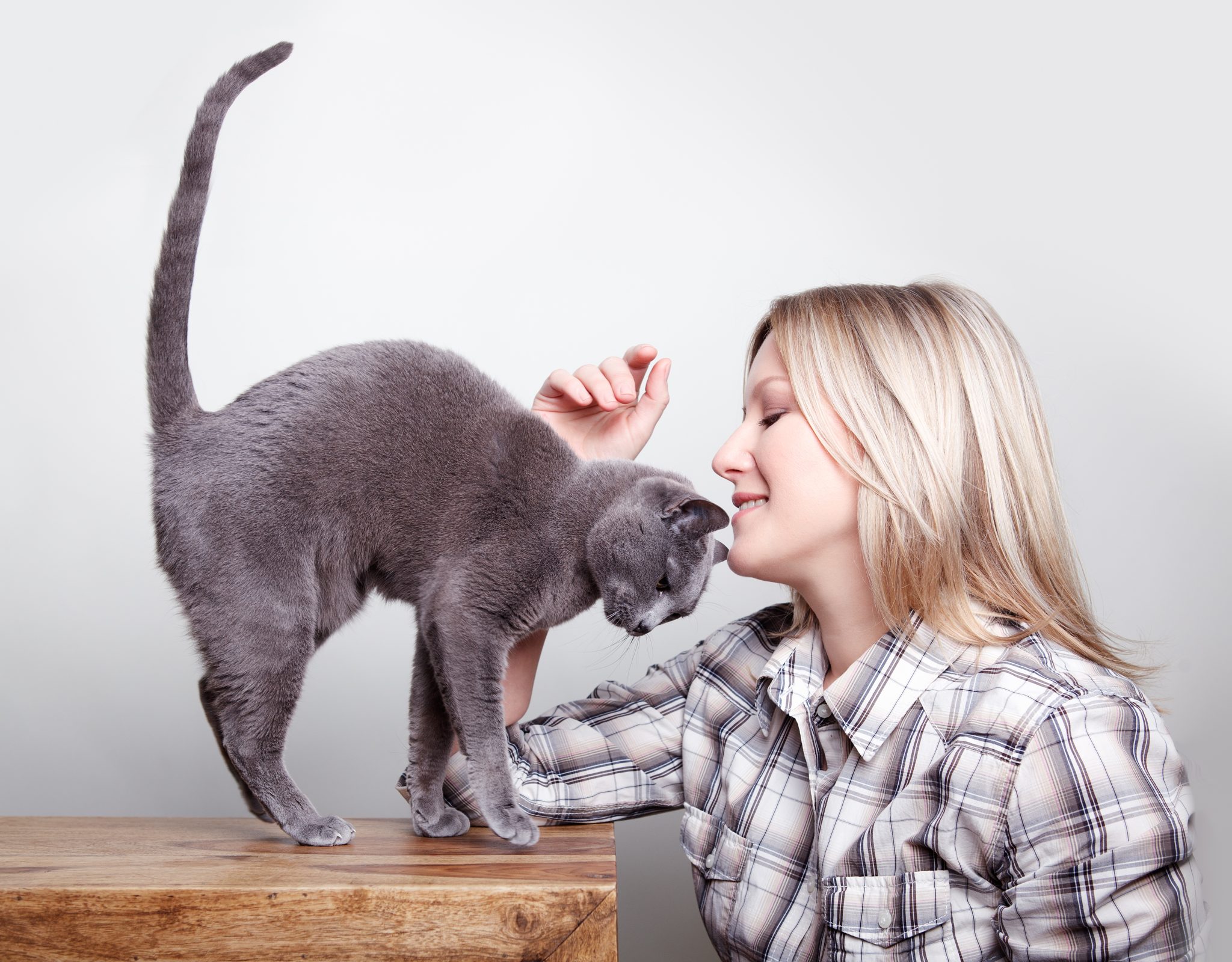
In the Absence of a Will or Provisions
Of course, not everyone likes to think too much about the future. If you don’t have a will or trust, where your cats go depends on whatever arrangements you may have made. Hopefully, someone who knows your pets will step up to care for them. If you have a will but don’t have a pet clause, your residuary beneficiary will likely get them. We hope it’s the same person you would have trusted, anyway.
Remember that your cats are property in the eyes of the law. The absence of a will makes them subject to intestate succession as dictated by your state. We assume this matter is important to you. Therefore, we suggest following through on one of the options, whether it’s a simple non-legal understanding or a will with a pet clause.
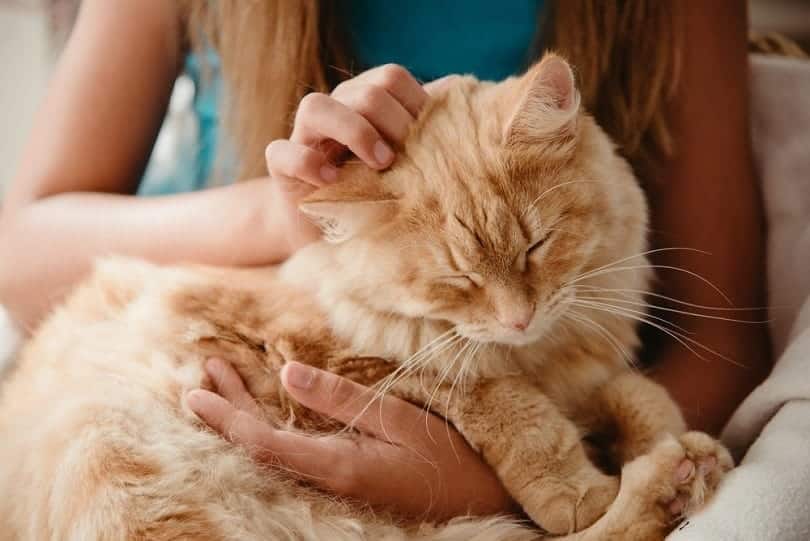
Final Thoughts
While it’s uncomfortable, it’s also practical to consider what will happen to your cats if you should pass. It’ll likely be a sad and stressful time for everyone, your pets included. Making your wishes known to family and friends can make things a bit easier during this time of mourning. You needn’t worry about your cherished feline companions and can rest assured they’re being cared for as you wanted them to be.
See also:
- 400 Cat Names That Start With D for Your Dreamy Feline
- Can Cats Eat Ferret Food? Vet-Reviewed Nutrition Facts
Featured Image Credit: Monster Ztudio, Shutterstock



